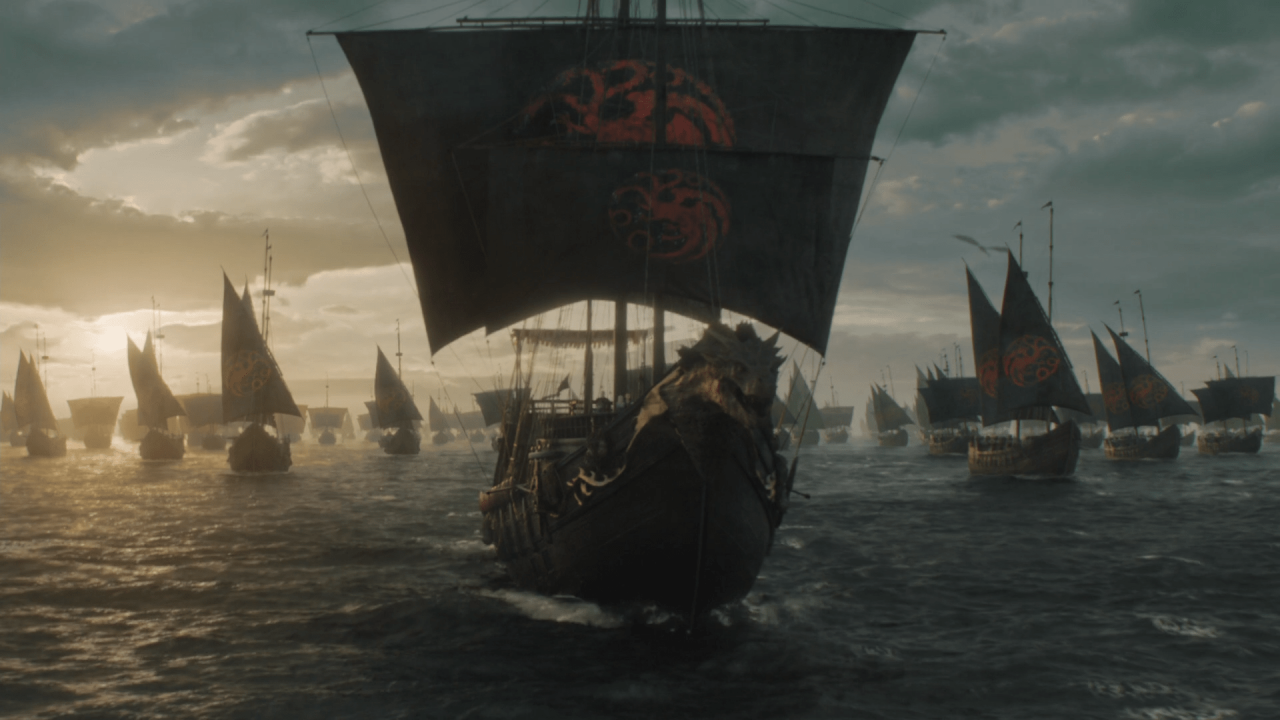
The Flowing Image: The Ocean On-Screen 28-29th August 2024 Hybrid MS Teams &

The Flowing Image: The Ocean On-Screen 28-29th August 2024 Hybrid MS Teams &
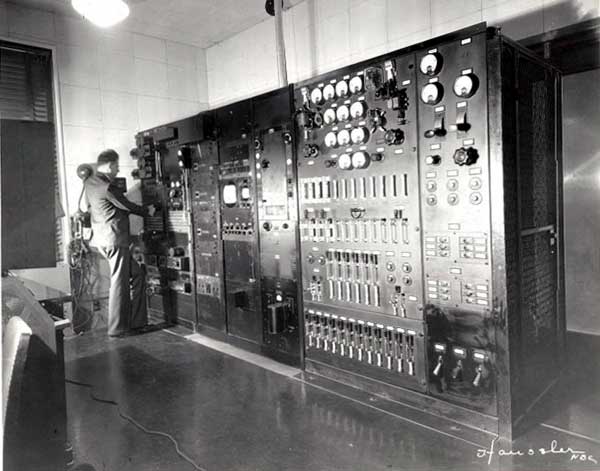
Call for Papers: Special issue of Journal of British Cinema and Television on the theme of transmission and transmitters Proposals are invited for a special issue of the Journal of British Cinema and Television on the subject of television and cinema transmission. Transmission is one of the key technologies underpinning television and cinema.

Organizers: The Audience Network at Lancaster University (ANLU) Confirmed Speaker: Prof. Annette Kuhn (Queen Mary University of London) Deadline for submission of abstracts: 29 March 2024 Notification of Acceptance: 12 April 2024 Since its first engagements with television, radio, and popular culture (Williams 1974; Hall 1973;
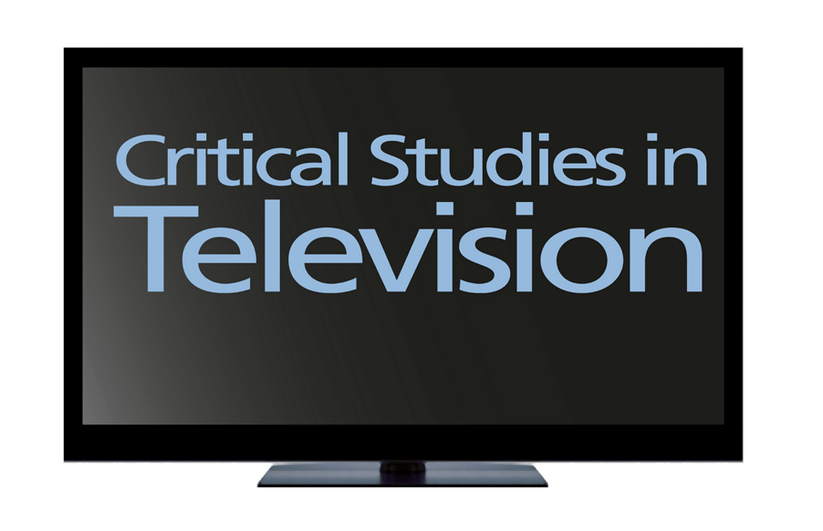
The Book Reviews Section for the journal Critical Studies in Television is interested in adding to our list of possible book reviewers. We are particularly interested in recruiting PhD students who would like to get the experience of writing for a Journal. Guidance will be given about shaping a review, reviews will get sympathetic editorial advice and deadlines can be adjusted to suit personal circumstances.
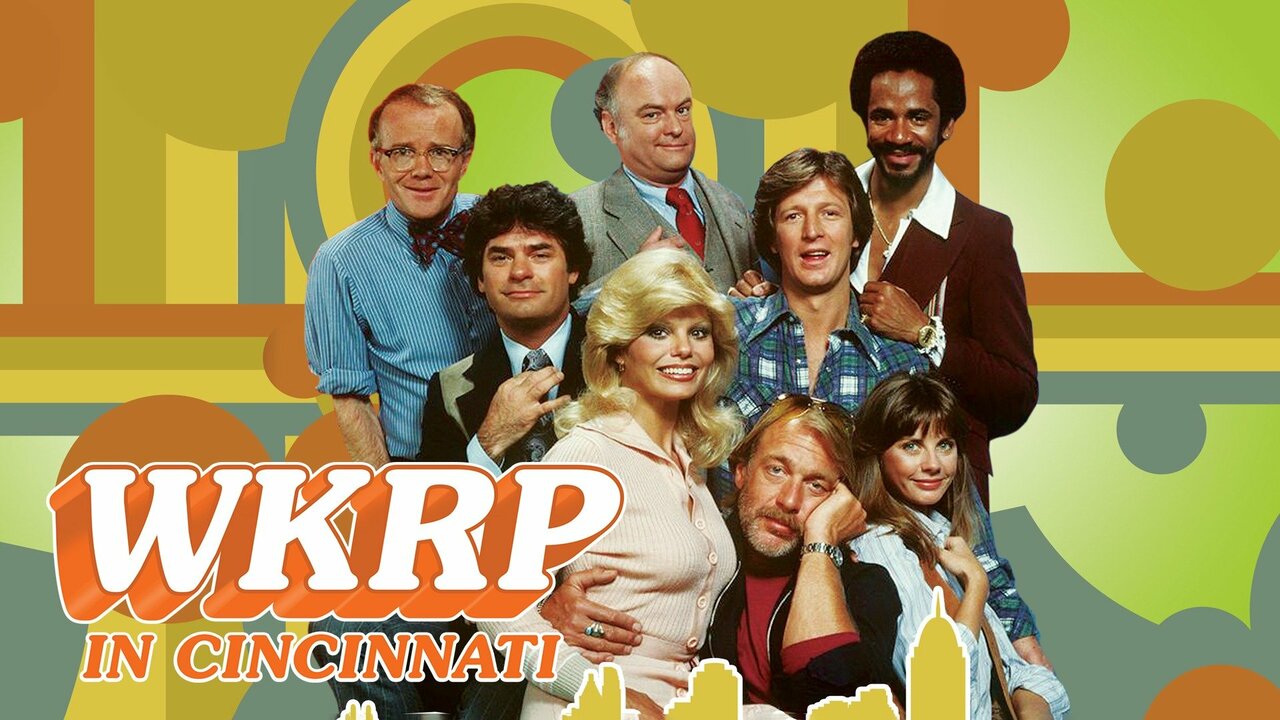
Commercial radio has a long history in the US. It is in this context that sitcom WKRP in Cincinnati (CBS, 1978-1982) exists, balancing corporate requirements with sociocultural critique. For those unfamiliar with the series, it followed the trials and tribulations of the radio station WKRP based in Cincinnati, Ohio and its eccentric employees.
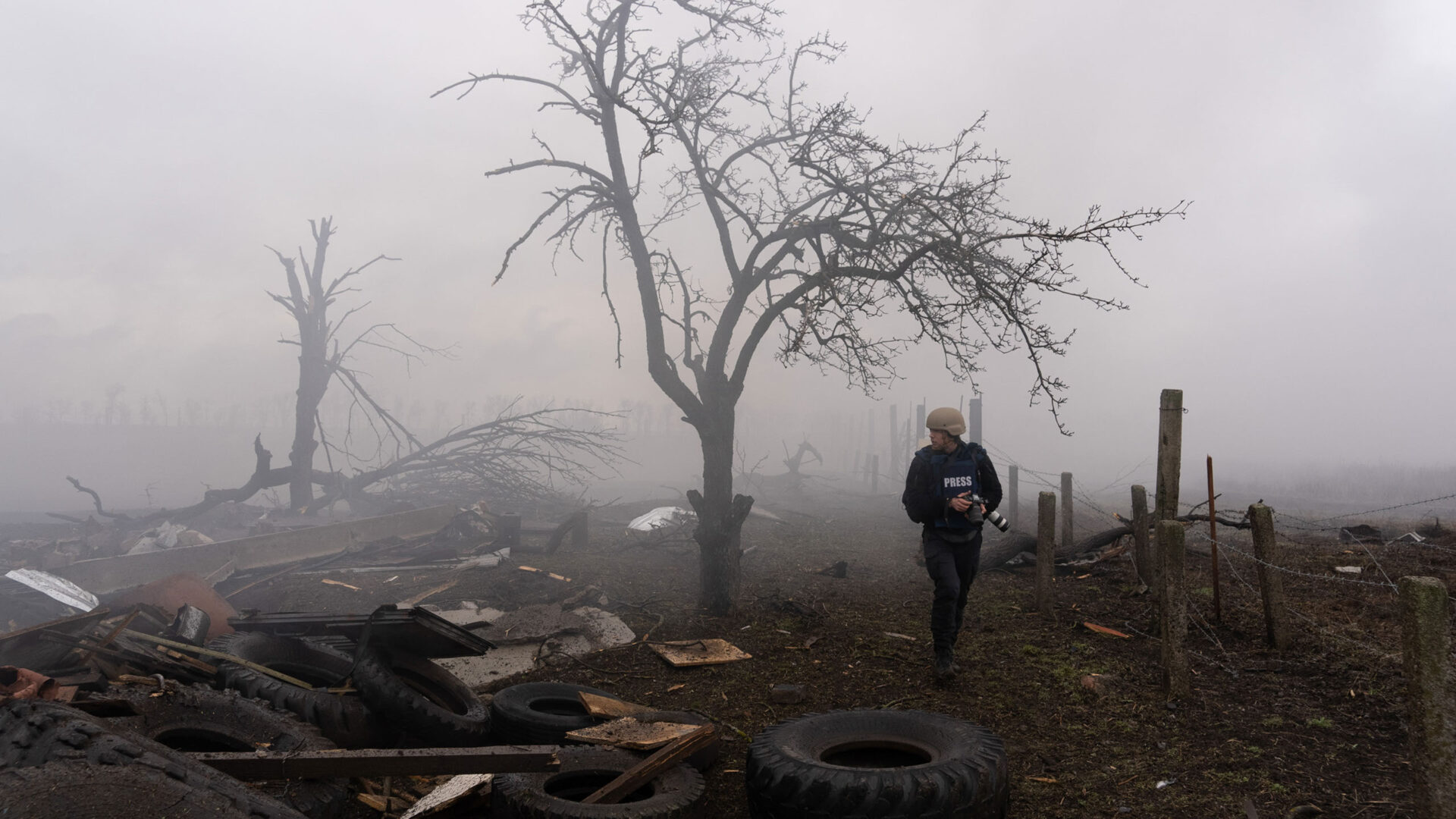
This year marks the thirtieth instalment of the Visible Evidence Conference, the preeminent event for the global network dedicated to the study of documentary and nonfiction media culture. The conference has evolved into an international event, with editions held in locales such as New Delhi, Lancaster, New York, Buenos Aires, Istanbul, Stockholm, Udine, and Gdansk.
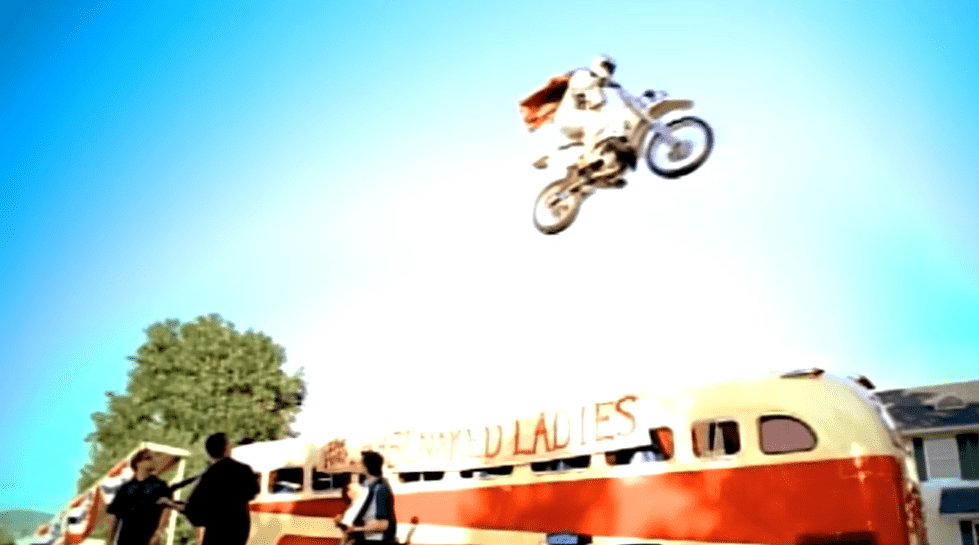
‘It’s been…’ For those of a certain age and/or certain geographic range, that partial lyric was almost certainly read in the voice of Steven Page, the former co-front man of Canadian band Barenaked Ladies (from now BNL). Though Page has since become both a solo artist and part of the Trans-Canadian Highwaymen supergroup and the iconic initial lyric is now sung as a duet between BNL’s multi-instrumentalist Kevin Hearn and drummer Tyler
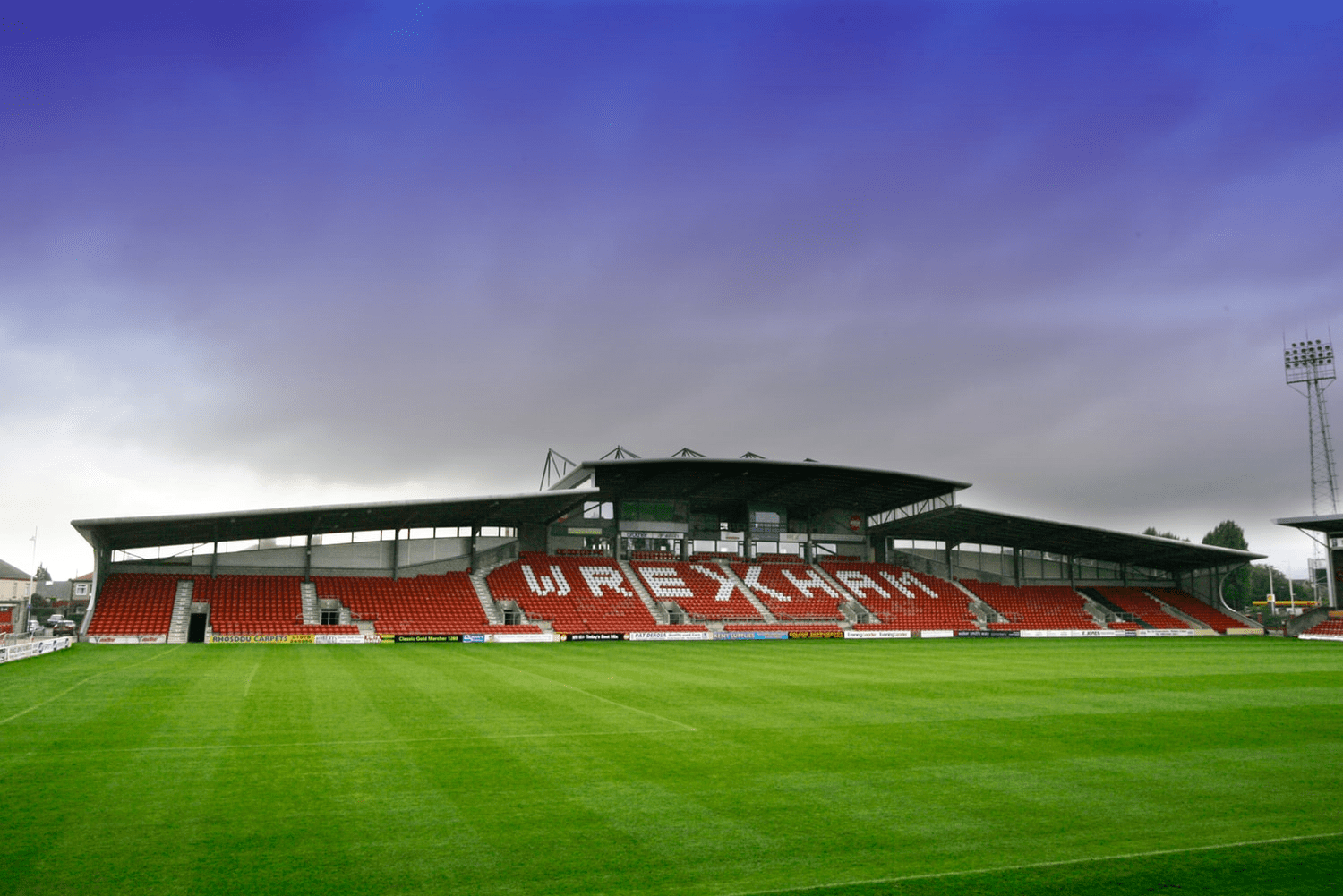
Conference call for papers: ‘Weddings and Funerals: UK Screen Industries in a Global Context, 1994-2024’, 13-14 th June 2024 A 2-day conference organised by the Centre for Converged Screen Media and Entertainment (COSME), Department of Communication and Media, University of Liverpool, 13-14 June 2024 Keynote Speakers: Dr Kay Dickinson (University of Glasgow,
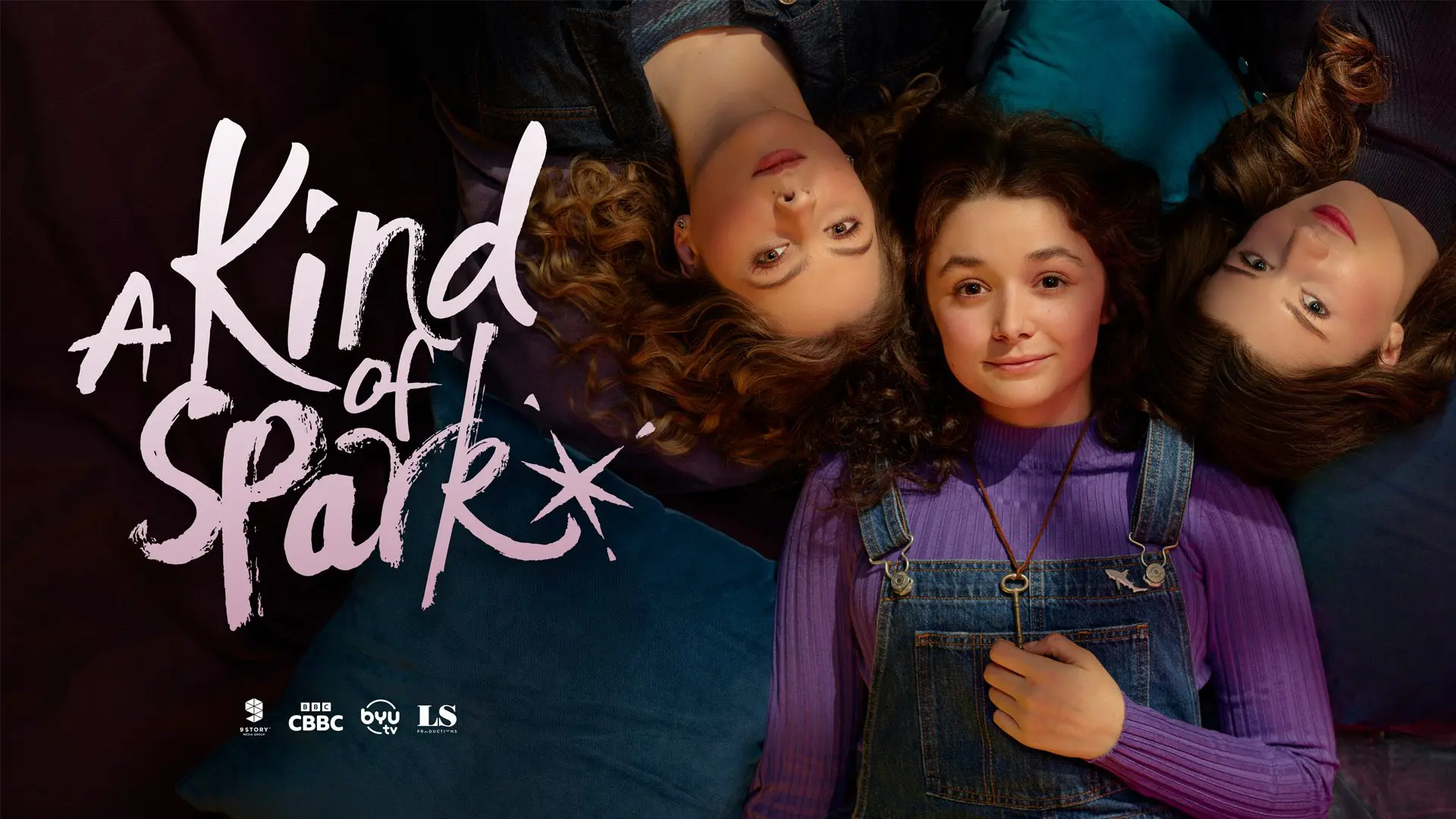
This month the University of Stirling published the largest ever study of autistic people’s research priorities (Cage, E et al, 2024) finding that they wanted research to focus on mental health and support rather than ‘cure’. In other words, autistic people want their lives to be valued and supported as they are, not to have the sides shaved off their square pegs so that they will fit into a round hole.
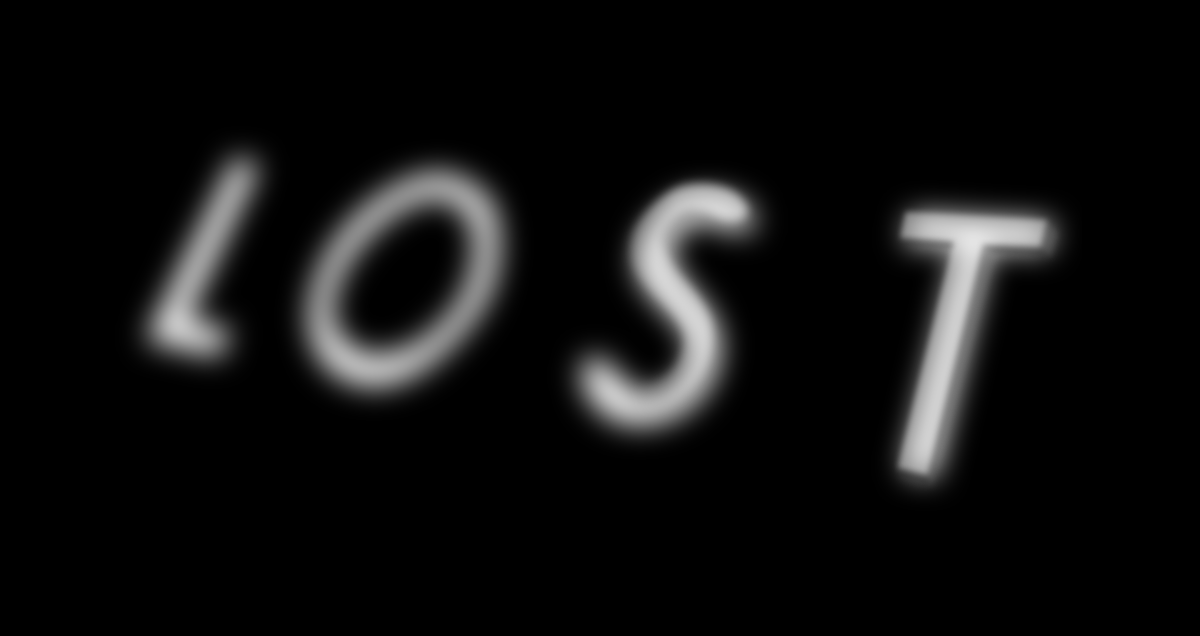
Please scroll down for French language version Following the conferences devoted to US network series produced from the 1950s to the 1970s (Université Paul-Valéry Montpellier, May 2018), during the 1980s (UPVM, February 2019) or the 1990s (UPVM, February 2020), this conference will focus on network series of the following decade: 2000-2010.
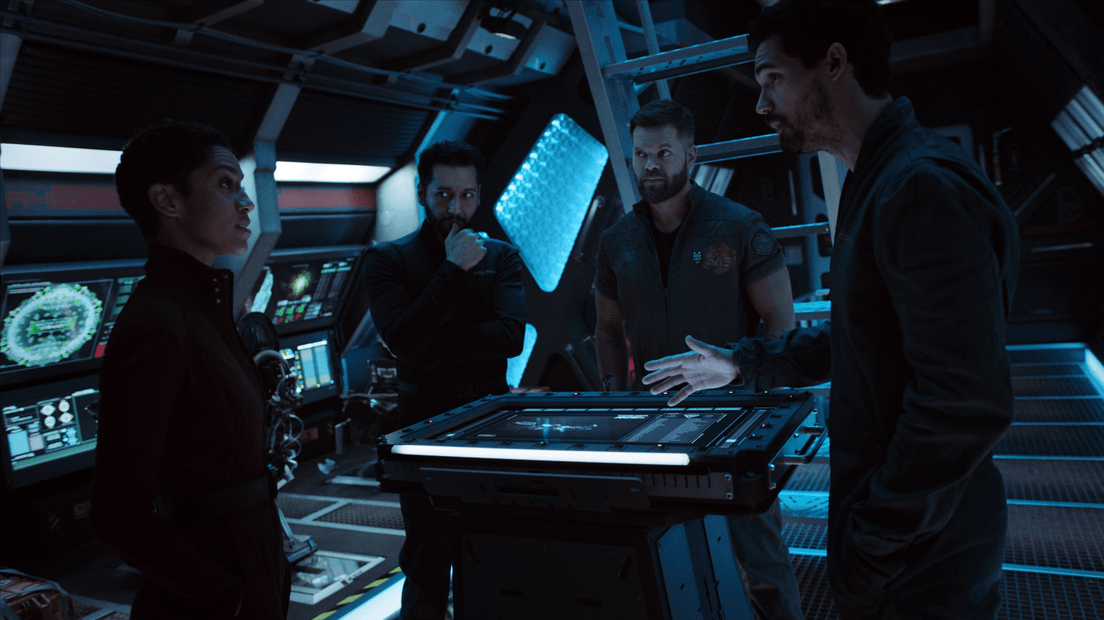
In an interview about the end of the last millennium, James Ballard argued that Science Fiction (SF) had created the greatest popular literature of the 20th century. The imagery that we saw in the cinema, television, advertising and other media was the most powerful imagery produced in the last hundred years. By the end of the century, the genre had done its job and it was dead.